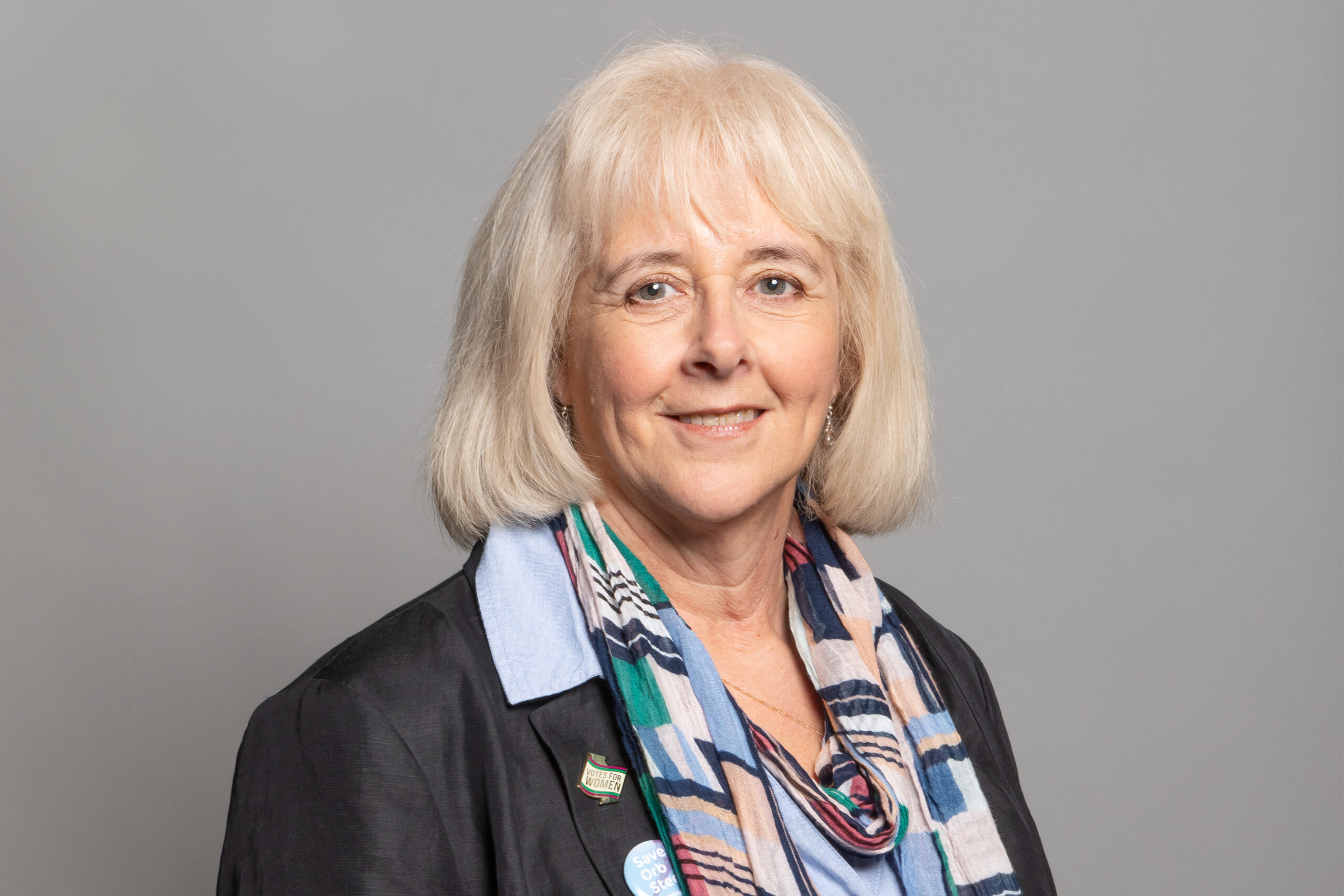THIS year marks the 200th anniversary of the RSPCA: the oldest animal welfare charity in the world.
Two hundred years ago, the Society for the Prevention of Cruelty to Animals met in a London coffee shop at a time when the issue simply did not register on the radar of most Brits.
Animals were to be used, as labour or entertainment, with little consideration for their wellbeing and how it might reflect on us as human beings. It was a different world and animals occupied a different place in it. Very few people kept pets; horses pulled buses and there was a famous dog fighting pit at Parliament Square.
One of the Society’s founders, Richard Martin, led the introduction of our first animal welfare law – the Cruel and Improper Treatment of Cattle Act – inspired by the country’s largest meat market at the time, not far from the House of Commons.
Also among the 22 founders were anti-slave trade campaigner, MP William Wilberforce, and credited founder, The Reverend Arthur Broome.
As a Christian in today’s Parliament, I consider animal rights a central tenet of my faith. I was privileged to serve as Labour’s shadow animal welfare minister before the election and soon I will present new legislation from the backbenches.
The Society’s history is interwined with that of women in politics, the first Ladies’ Committee coming to fruition as early as 1829.
It was Queen Victoria who, three years into her reign, gave the Society the “Royal” prefix – and now the whole country knows the name.
The RSPCA has a long record of affecting change through legislation – not least the Protection of Animals Act of 1911. Ever the trailblazers, their close, productive relationship with lawmakers has provided their allies and successors with a road map to achieve policy change.
They employed their first public affairs officer, Gertrude Speedwell Massingham, in 1924, who went on to stand for parliamentary election in 1929 and 1931, attempting to join the fledging ranks of women MPs.
In 1929, Sir Robert Gower (MP for Hackney Central) ensured Britain had not only the first animal welfare charity in the world but also the first animal welfare parliamentary group, and the RSPCA still provides the secretariat for APGAW.
A more recent landmark was the Animal Welfare Act of 2006, enshrining into law the duty of care animal owners had to their animals. At long last, it was an offence to neglect an animal’s basic needs.
This marked an end to the reactive prosecution era of animal welfare and the beginning of proactive prevention. The RSPCA secured 895 convictions under this Act last year alone.
Since its introduction, there has been a significant decrease in the number of “unnecessary suffering” prosecutions by the RSPCA and this can only be a sign of success. But the mission is incomplete.
Last year in Britain, more than two million scientific procedures were carried out on animals such as mice, rats and zebrafish. That is why the RSPCA welcomes the government’s plan to accelerate the transition towards humane alternatives.
I would like to see a review of wildlife legislation in England and Wales which too often resembles a complicated and contradicting patchwork of provisions. The Law Commission reviewed this in 2015 and concluded the framework needs reform. The RSPCA supports the recommendations to consolidate wildlife law cross-border and I would also welcome this change.
Attitudes are changing and consumers are increasingly interested in the origins of animal products. There is an appetite to be the best country, for animals, in the world. As lawmakers, we have the chance to secure this progress and enshrine those next steps into law.
I am honoured to be leading a Westminster Hall debate on this momentous occasion for the RSPCA and champion the good work of numerous animal rights charities in Parliament. The Society inspired a movement and compassion for animals has become a core characteristic of the British heart.
We must go further and I would ask everyone in this nation of animal lovers to play their part.
As we celebrate the 200th anniversary of the RSPCA, there is much to do to protect animals and wildlife


